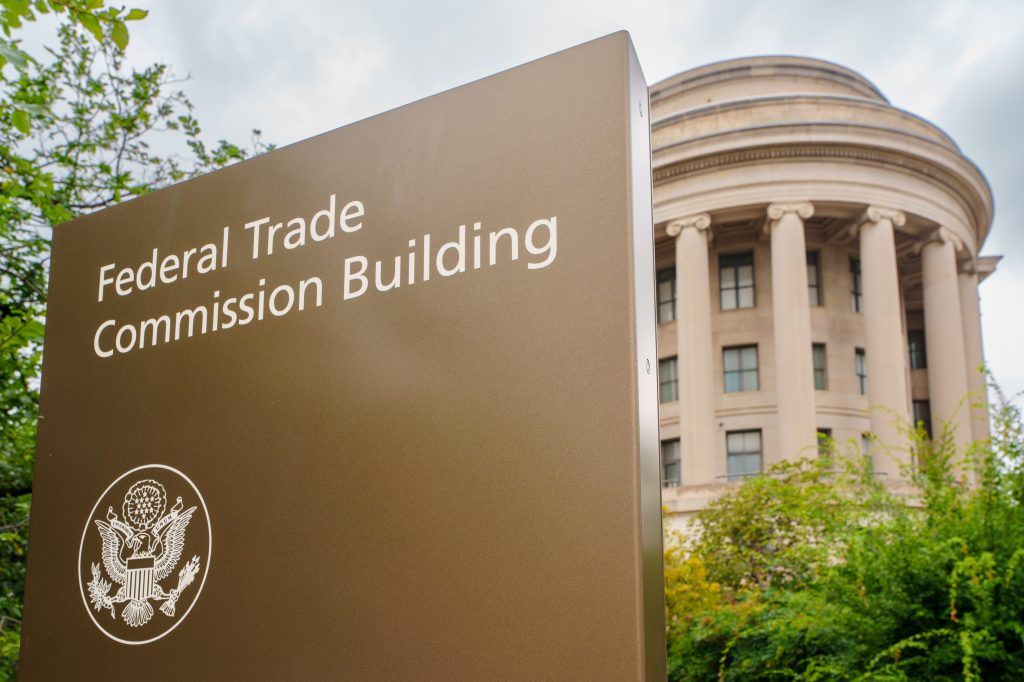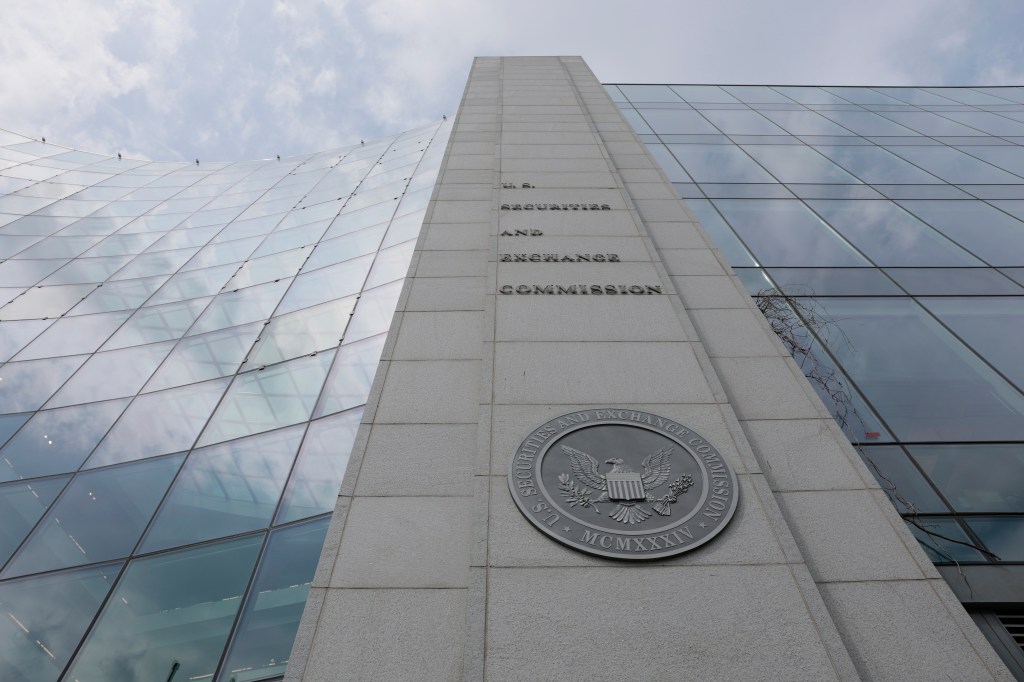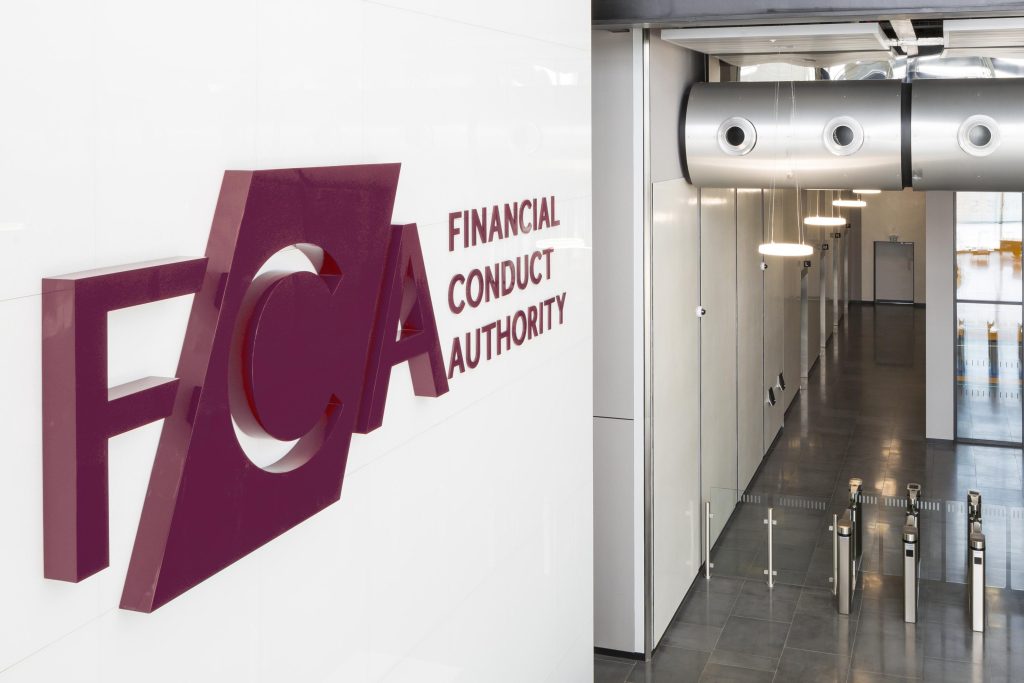Regulators on both sides of the Atlantic continue to have greenwashing firmly in their sights. In the UK, the FCA has just proposed a set of rules that aim to tackle greenwashing, specifically focusing on the labelling or naming of investment products. The FCA is concerned about “exaggerated, misleading or
Register for free to keep reading
To continue reading this article and unlock full access to GRIP, register now. You’ll enjoy free access to all content until our subscription service launches in early 2026.
- Unlimited access to industry insights
- Stay on top of key rules and regulatory changes with our Rules Navigator
- Ad-free experience with no distractions
- Regular podcasts from trusted external experts
- Fresh compliance and regulatory content every day













